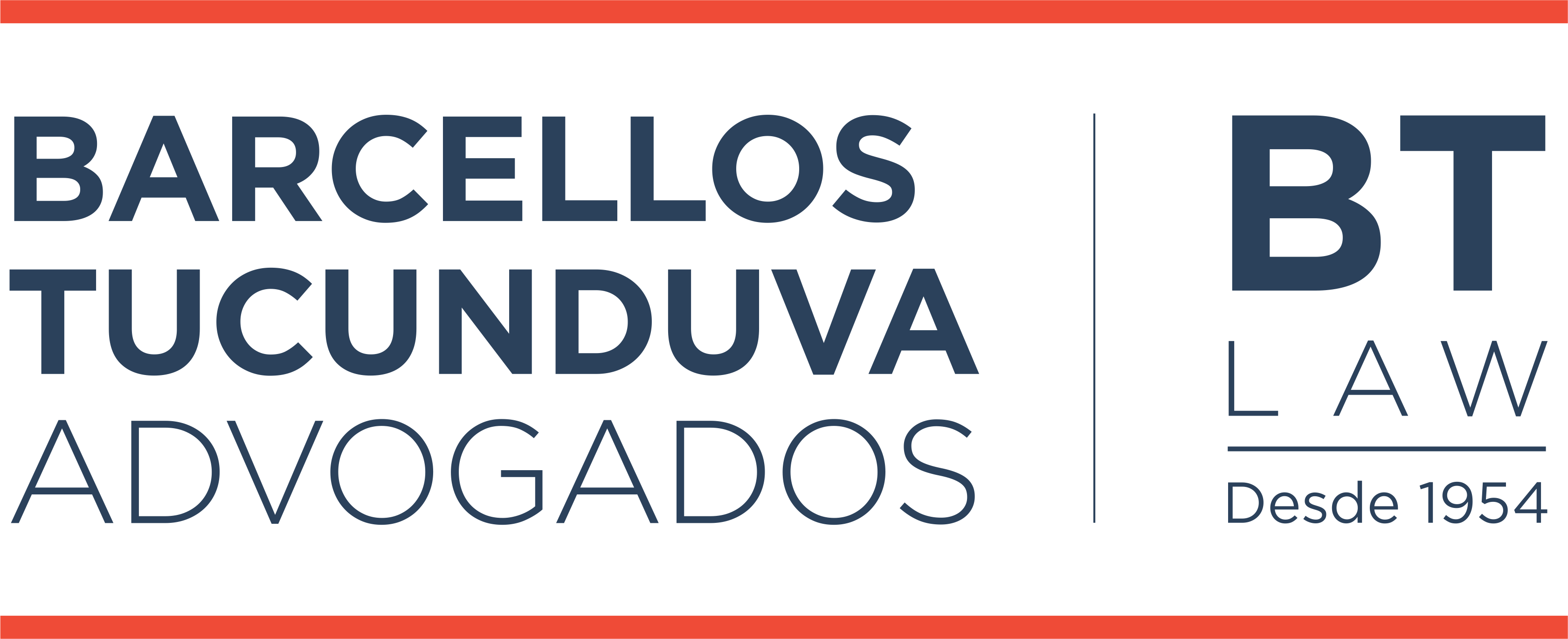The Brazilian Securities and Exchange Commission ("CVM") published, on March 26, 2020, Circular Letter No. 6/2020/CVM/SIN ("Letter") to clarify the interpretation of the regulatory provisions applicable to investment funds, considering the Coronavirus pandemic scenario.
The Superintendency of Institutional Investor Relations ("SIN") presented, by means of the Official Letter, the understanding adopted by the Autarchy in relation to the following topics:
- Provisioning of credit rights in Credit Rights Investment Fund ("FIDC")
Taking into account the consultations made by market participants about the interpretation of the rules of CVM Instructionno 489, which deal with the accounting of the credit rights held in the portfolio of FiDCs, in particular with respect to the provisioning, SIN clarified that it understands that the constitution of a provision for each event of delay or renegotiation of the payment conditions of a credit right is not obligatory.
The technical area pointed out that the delay in payment may not necessarily give rise to the recognition of a provision, but that it is the duty of the administrator not to delay the recognition of the provision when the facts and circumstances indicate a significant deterioration in the capacity to recover the credits in question.
- Holding of General Meetings
Due to the current circumstances, the technical area of CVM understands that it is justifiable to cancel or postpone general meetings, convened or not, in cases where it is not possible to conduct them remotely, virtually or by formal consultation, subject to the deadlines of the recent CVM Resolution No. 848.
The same understanding is applicable to real estate receivables certificates ("CRI") and agribusiness receivables certificates ("CRA"). The securitization companies (or fiduciary agents, as the case may be) may hold virtual and remote meetings, or exceptionally, adopt formal consultation. If such possibilities are not feasible, SIN recommends the postponement of the meetings, observing the deadlines of CVM Resolution No. 848.
- Use of opening or closing shares in investment funds regulated by CVM Instruction 555
Considering the high volatility of the markets and the operational difficulties that the fund managers have been facing to maintain the calculation of opening quotas for investment funds that offer intraday liquidity (D+0), SIN understood as admissible the substitution of the opening quota by the conventional system of payment of investments and redemptions based on the closing quota, provided that the fund discloses a material fact with the purpose of informing the quota holders about the temporary operational restriction to which it is subject.
The understanding is exceptional and will last only during the most acute moment of the contingencies associated with the adverse, extreme and unpredictable market scenario.
- Procedures for exchange of information and documents between fund service providers
With respect to the questions regarding the need or eventual requirement for the exchange of documents in a physical or face-to-face manner between managers, administrators, banks, brokers, among others, within the scope of an investment fund, SIN clarified that there is no specific rule on the transit of information or documents in any specific format, whether in a physical manner or requiring the presence or physical contact, direct or indirect, between persons in general.
- Portfolio de-listings
In SIN's understanding, the materialization of high volatility scenarios in the markets where the funds trade the financial assets that comprise their portfolios should be considered as passive non-compliance.
As provided in article 105 of CVM Instruction 555, the manager is not subject to the penalties applicable to the delisting of portfolios, when the non-compliance is caused by passive delisting "resulting from exogenous facts beyond its control, which cause unpredictable and significant changes (...) in the general conditions of the capital market", "provided that such delisting does not exceed the maximum period of 15 (fifteen) consecutive days and does not imply a change in the tax treatment granted to the fund or to the quota holders ofthe fund".
Considering the current scenario, the interpretation of the technical area is that there would not be just cause for the adoption of sanctioning measures for the period in which the elements of characterization of passive non-compliance persist and the effective impracticability of re-compliance, and the extent and duration of the exogenous facts that caused the non-compliance must be verified.
The technical area will be responsible for assessing cases of non-compliance in order to conclude whether the measures adopted by the manager and administrator were compatible with what was required by the circumstances and whether there was compliance with the duty of care.
Finally, with respect to the rules associated with investment funds and which are not explicit with respect to the deadline for compliance, the technical area clarified that the subsidiary application of the 15-day deadline provided in CVM Instruction 555does not apply, and that the deadline considered as reasonable will depend on the time the exceptionality lasts, the nature and liquidity structure of the portfolio, and the best diligences adopted by the manager, with the proviso, however, that the delisting of the portfolio of such funds, caused by abrupt changes in market conditions, must also be considered as passive in nature.
To access the full Letter, click here.
For further information, please contact our Capital Markets team at our office: mercadodecapitais@btlaw.com.br
